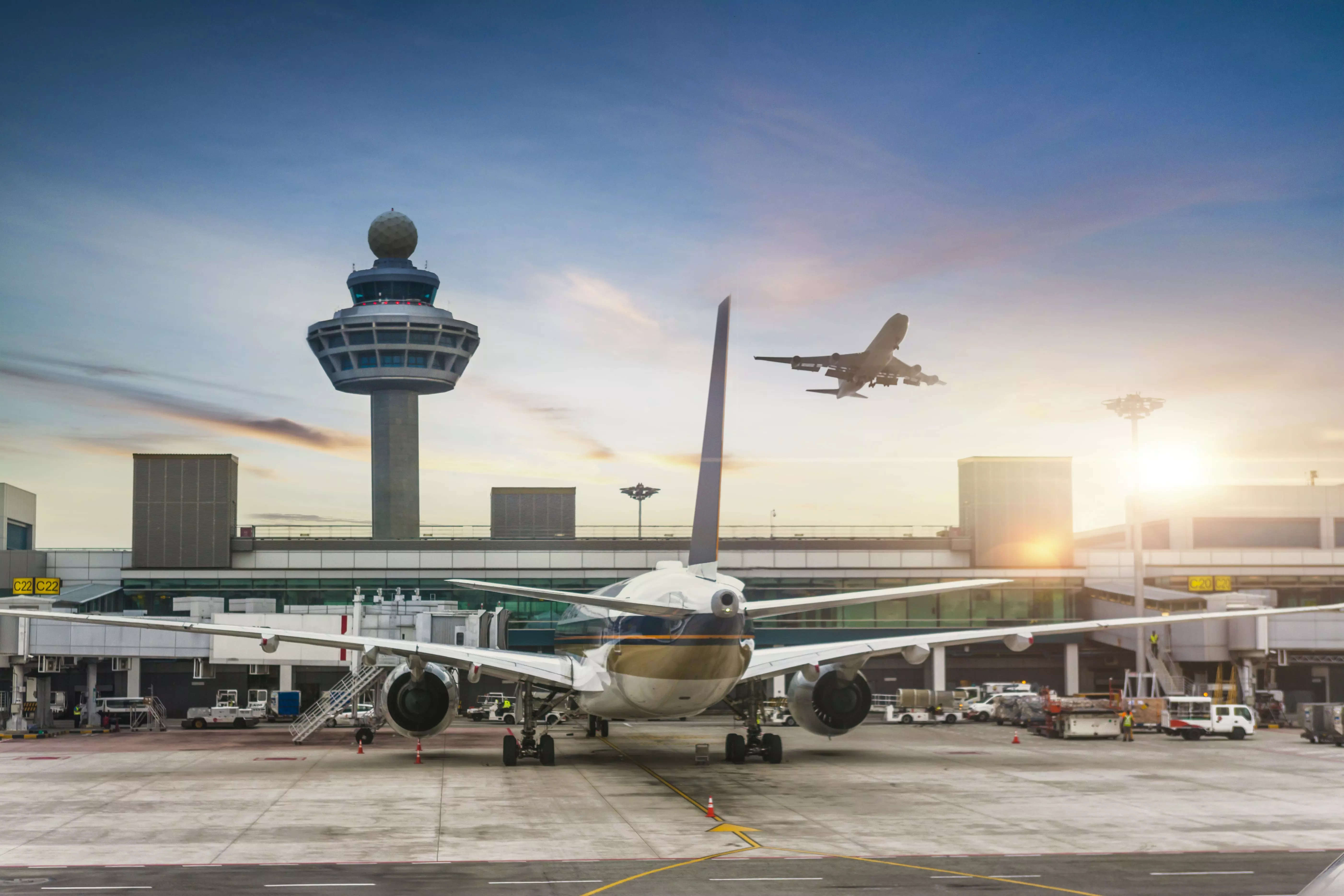[ad_1]

Aviation is a very tough sector to be in as costs have been traditionally high, largely because of the taxes imposed on aviation turbine fuel, and the level of competition has been high, Assocham president Ajay Singh told ET.
The industry needs to ensure it expands in a viable way, said Singh, who is also the promoter and CMD of low-cost carrier SpiceJet.
Singh was responding to a question on Go First filing for bankruptcy on Tuesday.
He said tariffs were becoming “more rational” because of the consolidation, and together with the reduction in the taxes on Aviation Turbine Fuel by 19 states, the sector will become more vibrant.
He noted that given the price sensitivity of the Indian market, the bulk of the market will remain with the low-cost model but there will also be a very large niche segment.
Singh said it was time for India to establish itself as a global aviation hub and noted that the government had already begun work towards that, and one would see significant development to this effect.
“India has no business being on the sidelines of global aviation and there is no reason why India’s international bases continue to reside in the Middle Eastern countries and the Far East. Indian bases and exchange of traffic to and from between the East and the West should happen through hubs in India,” Singh said, sounding optimistic. “I think the time has come for that and you will see the government is already working towards that objective and you will see significant developments of those hubs.”
Singh also said that the country needed to export aviation services to the rest of the world.
“The repair and overall services, training facilities for pilots, cabin crew, tech services which we provide to our own airlines. This is something that needs to be provided at a global level,” Singh said.
Private investment
Singh exuded confidence about private investment picking up. “A few more months of an uptick in demand and you will see private investment coming in,” he said, adding that the Goods and Services Tax (GST) collections crossing ₹1.87 lakh crore was a strong indicator of robust demand.
He said geopolitically India was in a very favourable position and had a “unique opportunity in what is commonly called China+1”.
“Friend-shoring and near-shoring are the new trends… I think because of the foresight of this government, we put ourselves in a position that all blocks want to work with India,” he said, making a case for a “conducive climate” for them.
He pointed to Apple’s efforts in the country and said the country needed more such success stories. Apple quadrupled its iPhone exports from India in FY23 and has exported over $5 billion worth of iPhones.
Singh said the country needed to do more on the ease of doing business and the government needed to be more proactive in co-opting the private sector in India’s growth story.
On the issue of agencies gunning for errant businesses, Singh said a clean-up of the economy was overdue. “I think the message to everybody is loud and clear that if you step out of line, there will be action,” he said, but added that there was a need to “simplify just a little more, allow people the opportunity to freely grow and expand.”
[ad_2]
Source link









